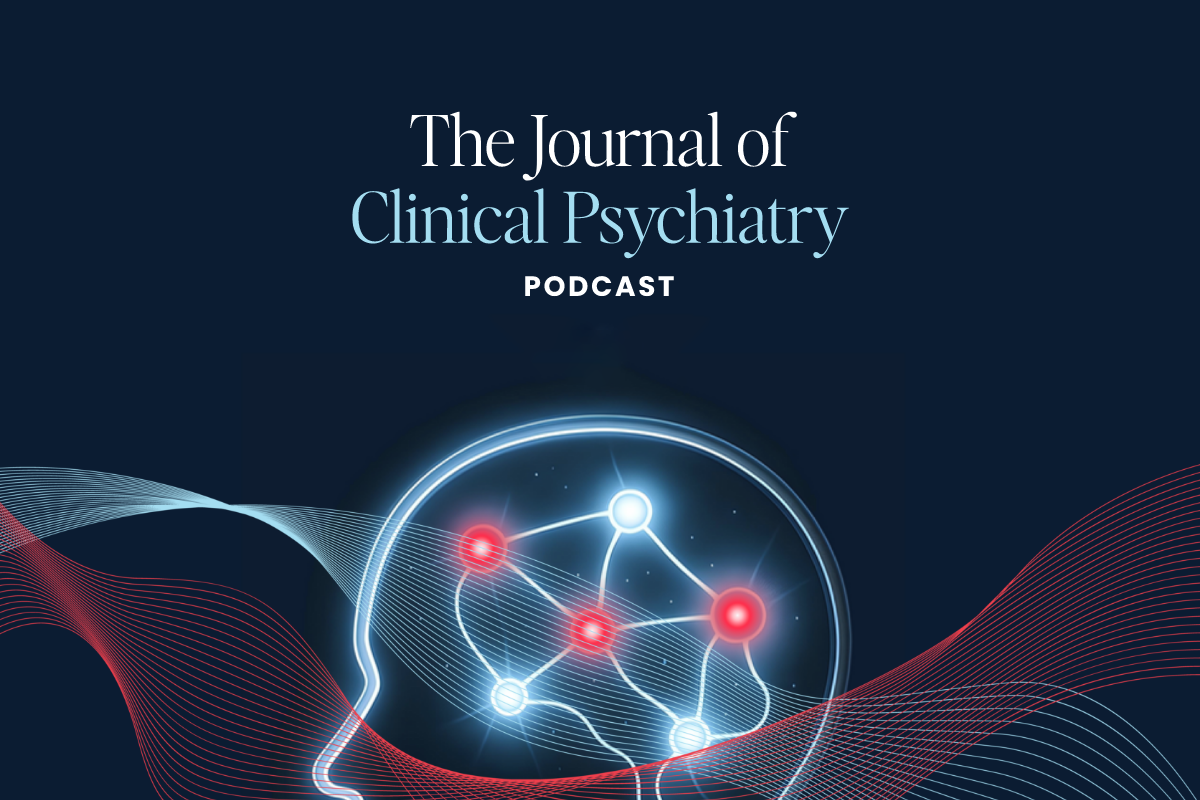Pseudocyesis, or phantom pregnancy, is a rare somatic symptom disorder. It happens when a woman’s desire to have a child is so strong she not only believes she is pregnant, she begins to manifest the physical symptoms of pregnancy.
The Primary Care Companion for CNS Disorders presented a case of pseudocyesis that is especially unusual–that of a transgender woman.
The patient in question was a 28-year-old homeless transgender Black woman who was assigned as male sex at birth. She had a history of schizoaffective disorder, bipolar type. Her pseudocyesis presented in an acute manic episode with psychosis. Even more puzzling, the patient had not undergone any gender affirmative surgery and denied ever using hormonal medications.
Pseudocyesis differs from delusional pregnancy in that the patient not only imagines she is with child, she has notable breast tenderness, abdominal distention, cramping, nausea and many of the other physical changes women who are actually pregnant experience.
As the case report described, this was a tricky one to treat. The delusion was intrinsic to the patient’s gender identity, but not compatible with her assigned sex at birth. Despite improvement in a majority of her other psychiatric symptoms, the patient’s pseudocyesis was resistant to medication and psychotherapy, including supportive therapy, gentle confrontation, cognitive behavioral therapy, and group therapy.
The full case is worth reviewing. The authors believe that with transgender care becoming more common, other clinicians may come across something similar in their own practice.
Other Psychiatry and Neurology News This Week
- A case featuring another uncommon condition called crowned dens syndrome. While amenable to treatment, it is often mistaken for more familiar causes of fever and neck pain, especially in older patients.
- With mosquito season about to start buzzing in a large part of the US, West Nile virus (WNV) infections are on the rise. Look out for WNV-associated psychosis complicated by catatonia, as described in this clinical vignette.
- Interpersonal trauma, especially in childhood, may represent an essential treatment target for patients with bipolar disorder.
- If you treat patients with tardive dyskinesia, read about a new tool that helps easily measure both the severity and impact of TD on quality of life.
- The Tweet of the Week celebrates four lawmakers who spoke up about their own mental health journeys. They said they are sharing their stories as “a public service.”
.@RepMoulton said he thought disclosing his post traumatic stress would end his career.
"I felt when I first ran for office that this was my big skeleton in the closet…ironically…seeing a therapist, can make the political attacks even worse."https://t.co/3FmOGDnBkC
— Brittany Shepherd (@brittanys) April 11, 2023
NEW AT CME INSTITUTE
Click to earn free accredited CME credit.
Tweetorial: Best Practices for Diagnosing Parkinson’s Disease Psychosis
Next week, just in time for 4/20, PCC will publish a review of the psychopathology and pattern of remission in cannabis-induced psychotic disorder.



